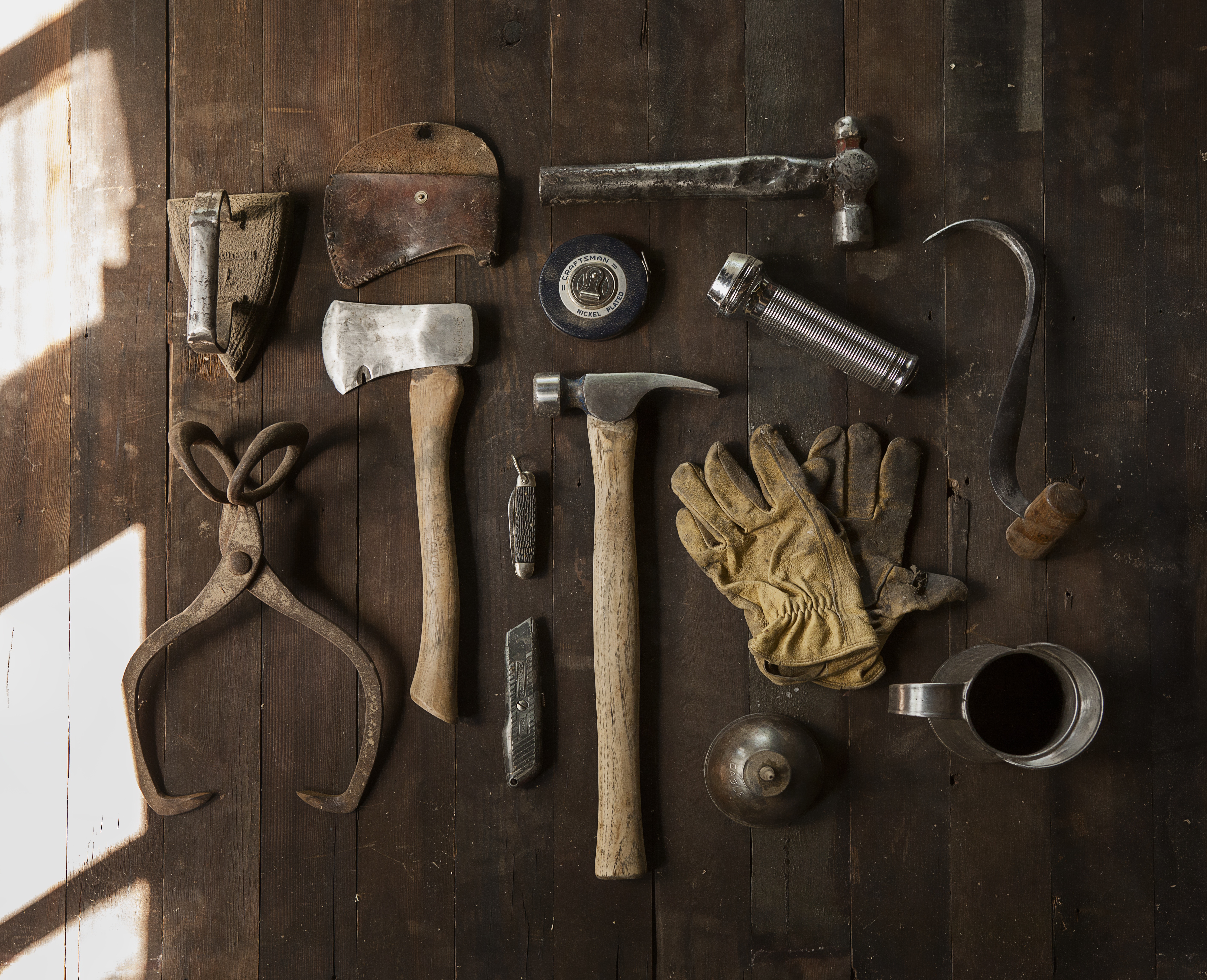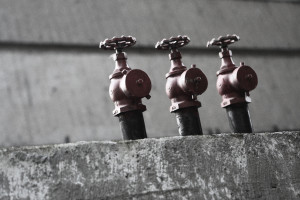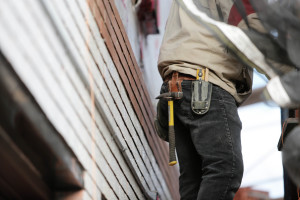Do I Need a Plumber?
Plumbing issues can range from minor annoyances to major headaches. But when you have a water issue, is it time to call a professional, or can you tackle the job yourself? Here is a quick guide for when you might (or might not) want to call a plumber in Grand Rapids.
General Tips
First, there a few good rules of thumb to remember when considering doing anything to do with water in your home.
 1. Dress comfortably, and be prepared to get wet!
1. Dress comfortably, and be prepared to get wet!
2. Shut off the water main or appropriate valve before attempting any work.
3. Keep a good Grand Rapids plumber’s number close by. If your kitchen suddenly turns into Niagara Falls, you’ll be happy you did.
4. Be careful with your fixtures. Know where everything goes, and if possible, bring the broken part to the hardware store with you. This will stop you from having to make multiple trips.
Let’s look at a few common issues.
1. Low Water Pressure
Low water pressure can happen anywhere, but you’ll usually notice it in a sink or shower. It is possible that there is an issue with the water main or well, but often it is a problem with built-up sediment in your plumbing fixture.
In Grand Rapids and other parts of Michigan, it’s very common to get buildup of minerals and sediment in water. Sometimes you can smell the iron, or see the white calcium deposits. Often, even if it’s not obvious, this buildup is creating your low water pressure.
An easy fix is to remove the sink aerator or shower head, and clear out any visible sediment. Then, let it soak in vinegar or CLR for 5-10 minutes. Once you re-attach the newly-cleaned piece, your water pressure should be noticeably better.
If this does not fix the issue, or you are noticing decreased water pressure throughout your house or apartment, call the water department to see if there are any issues in your area. If not, call a plumber. You may have a leak or breach in your pipes, which can be very damaging if left alone.
2. Slowly Draining Water
 Tubs, toilets, sinks, and showers can drain slowly. Fortunately, this is one of the easier fixes on our list!
Tubs, toilets, sinks, and showers can drain slowly. Fortunately, this is one of the easier fixes on our list!
Typically, slowly draining water is a result of a clog in the drain. Depending on the situation, your best tools to fix the situation are:
1. Plunger
2. Zip-It Tool (cheap tool available at most hardware stores)
3. Needle-nose pliers
4. Chemical drain cleaners (such as Drano and Liquid Plumr)
First, remove the pop up or any other attached portion of the drain. This can usually be done with a screwdriver and/or pliers. If appropriate, try the plunger. Next, try the Zip-it Tool or Pliers to remove any hair, sediment, or other debris in the drain. Finally, if it is still draining slowly, use the chemical drain cleaners according to the instructions. Troubleshooting in this order is better for the environment and easier on your plumbing system.
3. Leaky Pipes
Pipe leaks usually happen at the worst times. A busy morning in the bathroom, the day before you were going to clean your basement, or a cold winter day. Here in Michigan, the constant weather changes create even more challenges.
Pipe leaks often occur at the joints. As a result, hardware stores have a lot of joint fillers and fitting compounds in their plumbing section. But remember… these are temporary fixes. Based on the complexity of the job, it may be possible for you to change out the damaged pipe, or replace the faulty connector. There are many good guides online. However, if the work seems too complicated, or you’ve unsuccessfully tried to fix it yourself, it’s probably a good time to call a local Grand Rapids plumber.
Usually, a toilet will run based on problems with one of four elements:
1. Flapper Valve
2. Fill Valve/Fill Tube
3. Float Apparatus
4. Flush Valve
Fortunately, these are all relatively easy repairs. A simple toilet repair kit (and the accompanying instructions) from your local hardware store makes this a good do-it-yourself project.
5. Dripping Faucet
Water pressure through your house drives the water through the pipes. When you have your faucets off, rubber or silicone-based washers create water-tight seals which prevent those annoying drips. Unfortunately, these wear out over time, and can break, become brittle, or get loose, which causes leaks.
This seems like a very simple fix. Unfortunately, it can be tough to handle without specialized tools. In addition to worn-out washers, the valve seat can be damaged, or you may have ceramic taps that require more intricate work. In this case, it’s best to call a plumber.
As always, feel free to contact us at Honeybee Homes at (616) 606-3390 for additional help regarding your home.
